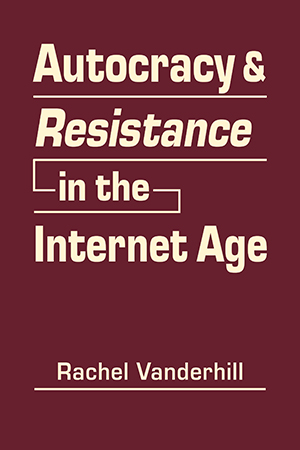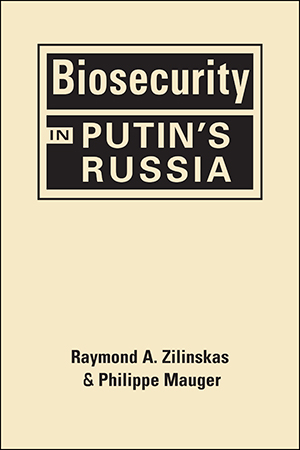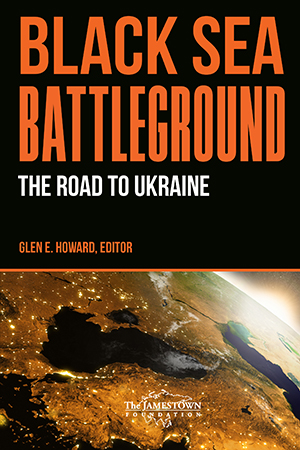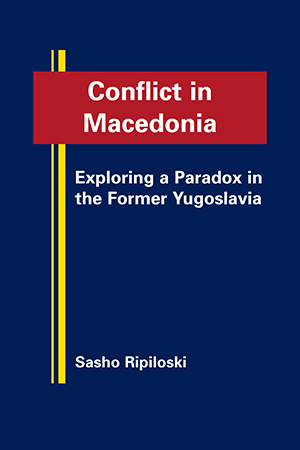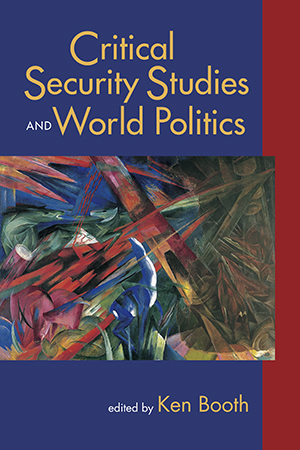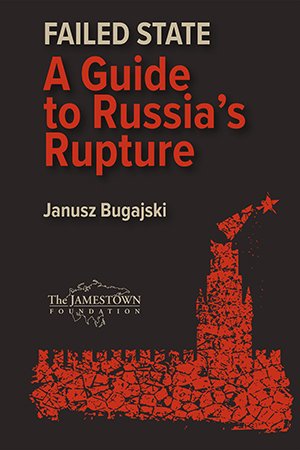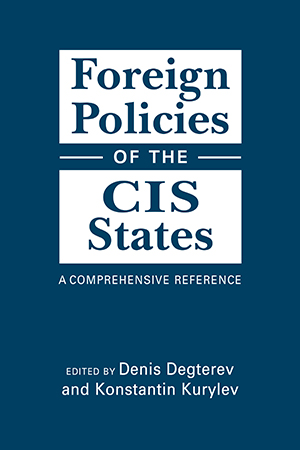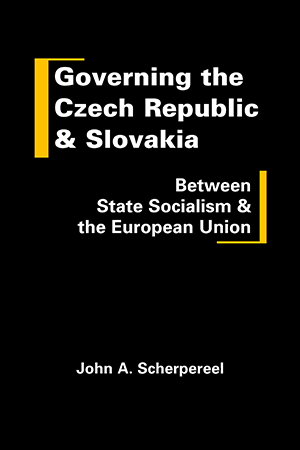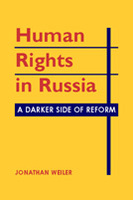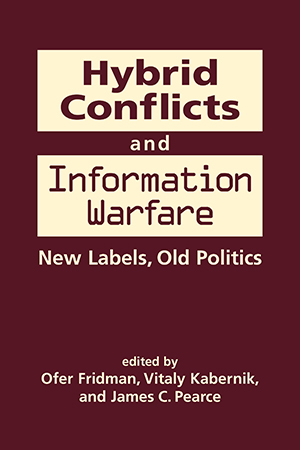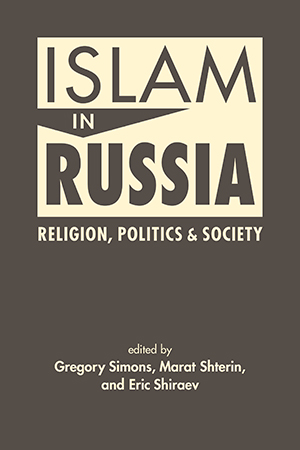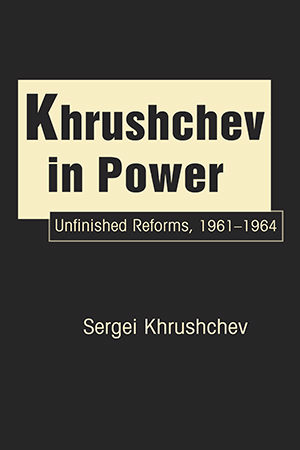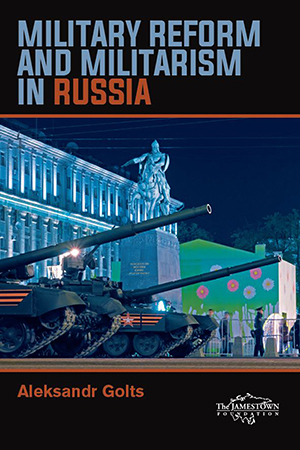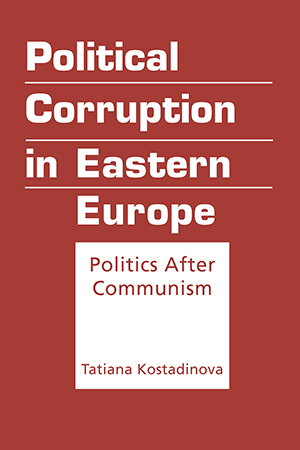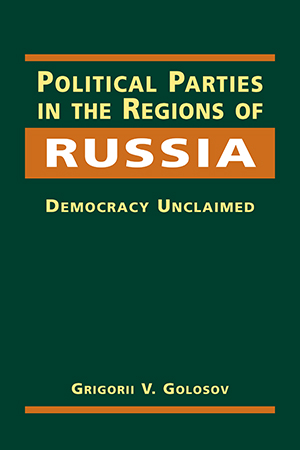Russia and the Former Soviet Bloc Politics
How do autocratic governments exploit communication technology in their efforts to maintain power? Can prodemocracy activists successfully use that same technology to support the overthrow More >
In March 2012, at a meeting convened by the recently reelected Russian president Vladimir Putin, Minister of Defense Serdyukov informed Mr. Putin that a plan was being prepared for "the More >
Black Sea Battleground identifies and analyzes the key elements of a comprehensive US strategy for dealing with the cauldron of geopolitical and military competition in the Black Sea region. More >
How did Macedonia attain its status as the only Yugoslav republic to achieve a nonviolent transition to independence in the early 1990s? And why did the initial peace fail to More >
Realist assumptions of security studies increasingly have been challenged by an approach that places the human being, rather than the state, at the center of security concerns. This text is More >
Attempts to transform the Russian Federation into a nation state, a civic state, or a stable imperial state have failed, argues Janusz Bugajski. Paradoxically, though Vladimir Putin assumed More >
How do the former Soviet republics that now constitute the Commonwealth of Independent States (CIS) interact with each other and with other regional and world powers? What are the conceptual More >
Why do democratic leaders sometimes choose not to establish institutions that would promote the consolidation of democracy? And what are the consequences of those choices? Focusing on the More >
The connection between Soviet authoritarianism and human rights violations once seemed unassailable, as did the belief that a transition away from communist rule would lead to better More >
What is hybrid warfare? And what role does information play in today's conflicts? In the context of the technological/information revolution of the last two decades—which has More >
Russia's Muslims, numbering some 15 million, constitute far from a homogeneous sociopolitical group. So ... What does it mean to be a Muslim in Russia today? How is the image of More >
A full reckoning of Nikita Khrushchev's accomplishments and failures cannot be complete without looking beyond his foreign policy initiatives to assess his efforts to introduce domestic More >
Aleksandr Golts traces the evolution of the Russian military, from the collapse of the Soviet Union to the incursions in eastern Ukraine in 2014–2017. Golts also sheds light on the More >
Why has political corruption emerged as a major obstacle to successful democratic consolidation in Eastern Europe? Exploring the origins, scope, and impact of political corruption in the More >
Political parties typically are assumed to be essential for contemporary democratic government and governance. Why, then, has the regime change in Russia failed to produce viable political More >


